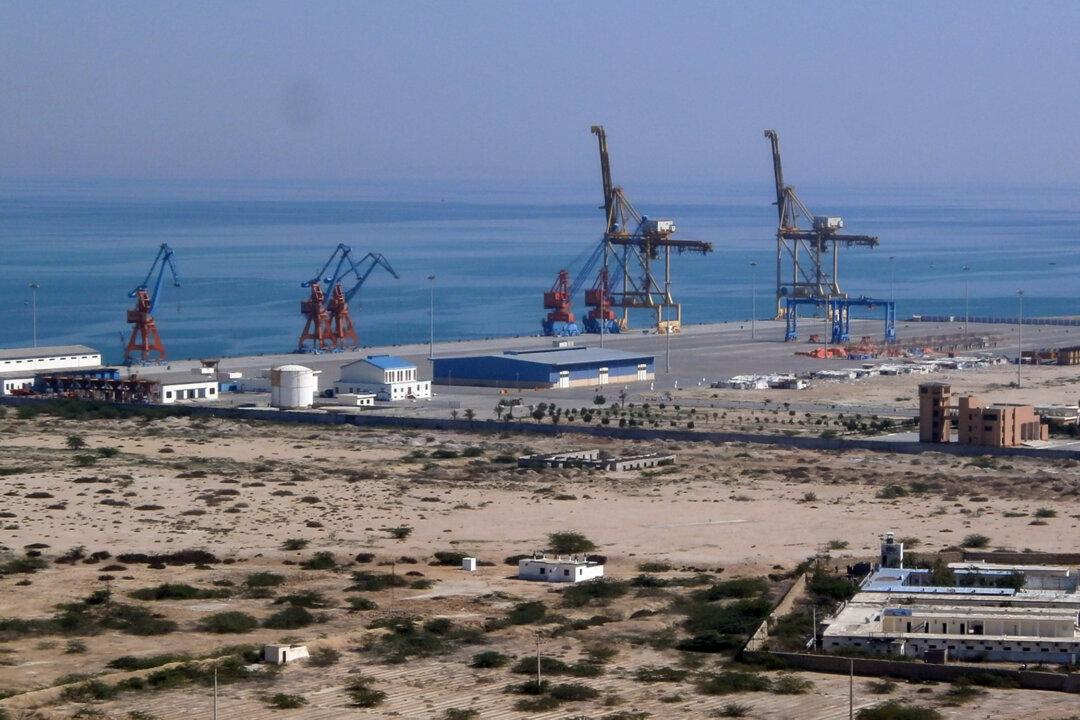Commentary
A little-noticed item in the state-run People’s Daily on Feb. 24 contained some interesting nuggets that elucidate the long-running friendship between communist China and Pakistan.

A little-noticed item in the state-run People’s Daily on Feb. 24 contained some interesting nuggets that elucidate the long-running friendship between communist China and Pakistan.